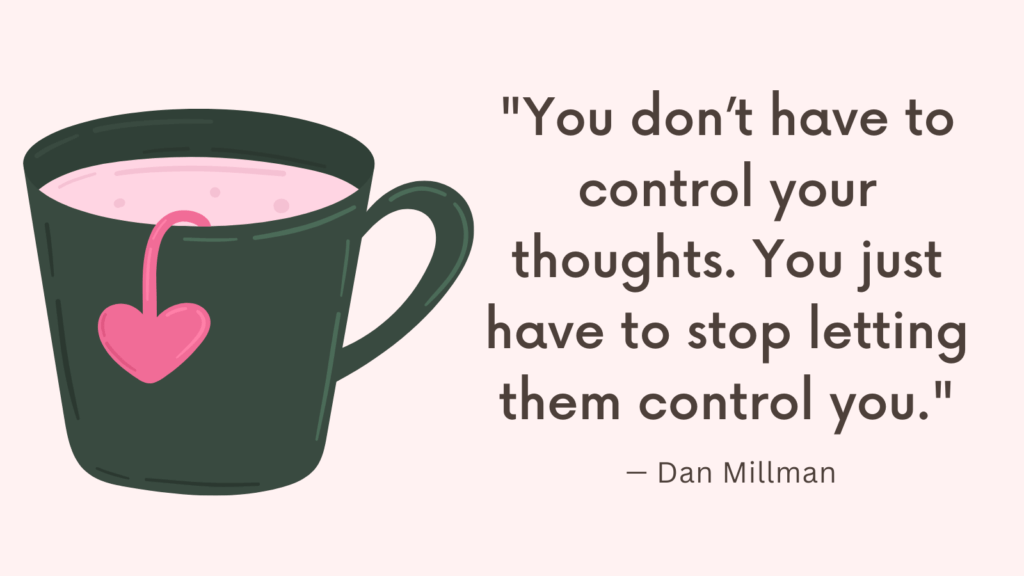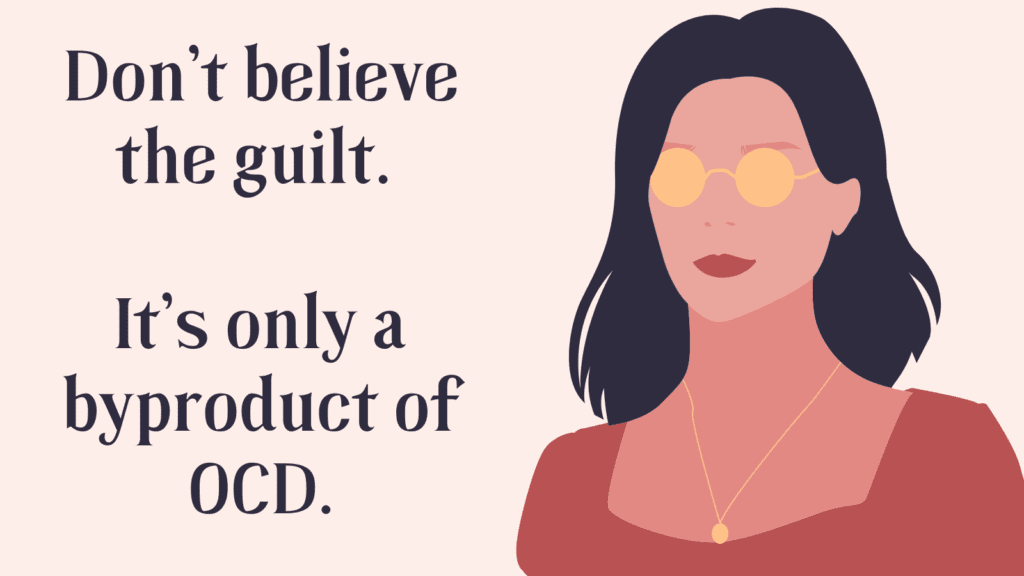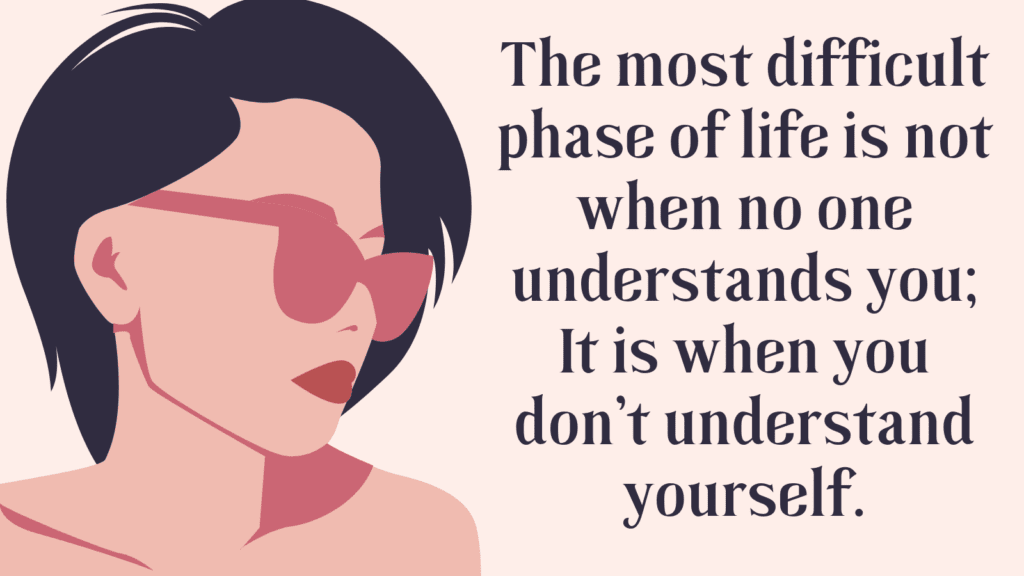In this post, you’re going to learn the difference between compulsive and impulsive behavior.
What Is Compulsive Behavior?
Compulsive behavior refers to repetitive actions or thoughts that an individual feels driven to perform, often in response to certain obsessions or anxieties.
These behaviors are often difficult to resist, and they may provide temporary relief from distress or prevent feared consequences.
Characteristics of compulsive behavior include:
1. Repetitive nature: Compulsive behaviors are typically performed repeatedly, often in a specific pattern or sequence.
2. Sense of compulsion: Individuals experiencing compulsions feel an intense urge or internal pressure to engage in the behavior. They may believe that something terrible will happen if they don’t perform the action.
3. Temporary relief: Although performing the compulsive behavior provides momentary relief or a sense of control, it does not address the underlying anxiety or obsession in the long term.
4. Interference with daily life: Compulsions may disrupt an individual’s functioning, consuming a significant amount of time, energy, and attention. They can interfere with work, relationships, and overall quality of life.
Examples of compulsive behaviors include:
– Excessive handwashing or cleaning due to a fear of germs or contamination.
– Repeated checking of locks, appliances, or other items out of an irrational fear of harm or danger.
– Counting or arranging objects according to specific rules or patterns.
– Mentally repeating words, phrases, or prayers to prevent a feared event.
– Hoarding or collecting an excessive number of items due to a fear of losing something valuable.
What Is Impulsive Behavior?
Impulsive behavior refers to acting without forethought or consideration of potential consequences.
It involves acting on immediate desires or urges, often disregarding long-term goals or the potential negative outcomes of the behavior.
Impulsive behaviors are typically spontaneous, driven by strong emotions, and can occur in various aspects of life, such as relationships, finances, or decision-making.
Here are some common characteristics of impulsive behavior:
1. Lack of planning: Impulsive actions tend to occur without careful thought or consideration of the potential outcomes.
2. Short-term focus: Immediate gratification takes precedence over long-term consequences, leading to decisions that may not be in one’s best interest in the long run.
3. Difficulty with impulse control: Individuals who engage in impulsive behavior oftentimes find it challenging to resist urges or delay gratification.
4. Regret and guilt: After acting impulsively, individuals may experience feelings of regret, guilt, or shame due to the negative consequences that may follow.
Examples of impulsive behaviors include:
– Impulsive spending or excessive shopping without considering financial constraints.
– Engaging in risky sexual behaviors without proper protection or consideration for personal safety.
– Making impulsive decisions without consulting others or considering alternative perspectives.
– Substance abuse or excessive consumption of alcohol without regard for the potential negative effects on physical or mental health.
Related: How To Do Thought Work In 3 Simple Steps
Compulsive vs. Impulsive Behavior
Compulsive and impulsive behaviors are both types of behaviors that can be challenging to control, but they differ in certain ways.
While there is some overlap between impulsive and compulsive behaviors, the key difference lies in the underlying motivations and triggers.
Impulsive behavior tends to arise from the desire for immediate gratification, whereas compulsive behavior stems from the need to alleviate anxiety, discomfort, or intrusive thoughts.
How to Cope with Compulsive Behavior?
1. Seek professional help
Consider reaching out to a psychologist or therapist who specializes in treating compulsive behaviors.
They can provide you with techniques and strategies tailored to your specific needs.
2. Practice mindfulness and self-awareness
Pay attention to your thoughts, feelings, and physical sensations when the urge to engage in compulsive behavior arises.
By becoming more aware of these triggers, you can develop healthier coping mechanisms.
3. Challenge your thoughts
Question the irrational beliefs or assumptions that may be driving your compulsive behavior.
Engage in cognitive restructuring, which involves replacing negative or distorted thoughts with more realistic and positive ones.
Related: Negative Core Beliefs List (& 8 Tips On How To Challenge Them)

4. Distract yourself
When you feel the urge to engage in compulsive behavior, try redirecting your attention towards other activities.
Engaging in a hobby, practicing deep breathing, or connecting with others can help divert your focus and reduce the intensity of the compulsion.
5. Develop healthy coping mechanisms
Find alternative ways to deal with stress and anxiety.
Engage in regular exercise, practice relaxation techniques like meditation or yoga, or pursue creative outlets that provide a sense of fulfillment.
6. Set realistic goals
Gradually reduce the frequency or duration of the compulsive behavior instead of attempting to stop abruptly.
Take small steps towards change and reward yourself for each milestone achieved.
Related: Best 6 Mindfulness Exercises For Beginners (+FREE Resources)
How to Cope with Impulsive Behavior?
1. Increase self-awareness
Pay attention to the situations or triggers that tend to lead to impulsive behavior.
By becoming more aware of these patterns, you can start to anticipate and better manage your impulses.
2. Pause and breathe
When you feel the urge to act impulsively, take a moment to pause and take several deep breaths.
This can help calm your mind and give you a chance to consider the potential consequences of your actions.
3. Delay gratification
Practice delaying immediate urges by setting small goals and gradually increasing the time between the urge and acting on it.
This can help develop greater self-control over time.
Related: Best 8 Mindfulness Exercises For Adults That Will Help You Regulate Your Emotions
4. Use distraction techniques
Redirect your attention and engage in activities that require focus.
For example, try puzzles, artwork, reading, or engaging in physical exercise.
Distraction can help reduce the intensity of impulsive urges.
5. Develop a plan
Create a plan for how to deal with impulsive urges when they arise.
Identifying alternative, healthier behaviors or activities that align with your values can help override impulsive tendencies.
6. Practice self-care
Take care of your physical and emotional well-being.
Ensure you get enough sleep, eat a balanced diet, engage in regular exercise, and practice relaxation techniques such as meditation or deep breathing.
These practices can help reduce stress and enhance self-control.
Related: Top 45 Self Care Day Ideas at Home To Kickstart Your Self Care Ritual
Conclusion
If you feel like your behavior is becoming problematic or interfering with your daily functioning, it would be beneficial to consult with a mental health professional who can provide a comprehensive assessment and tailored treatment plan.



